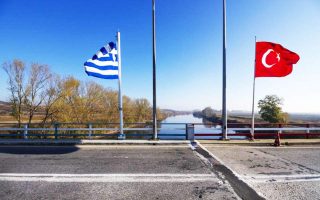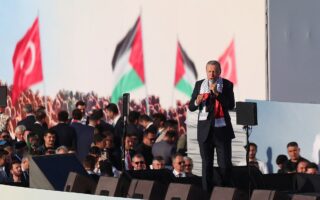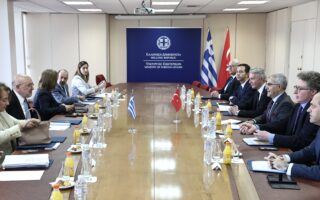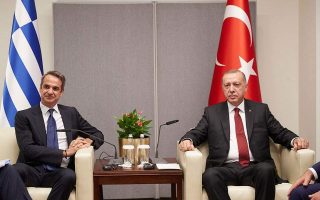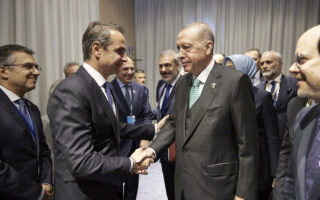Greece and Turkey benefit from calm waters
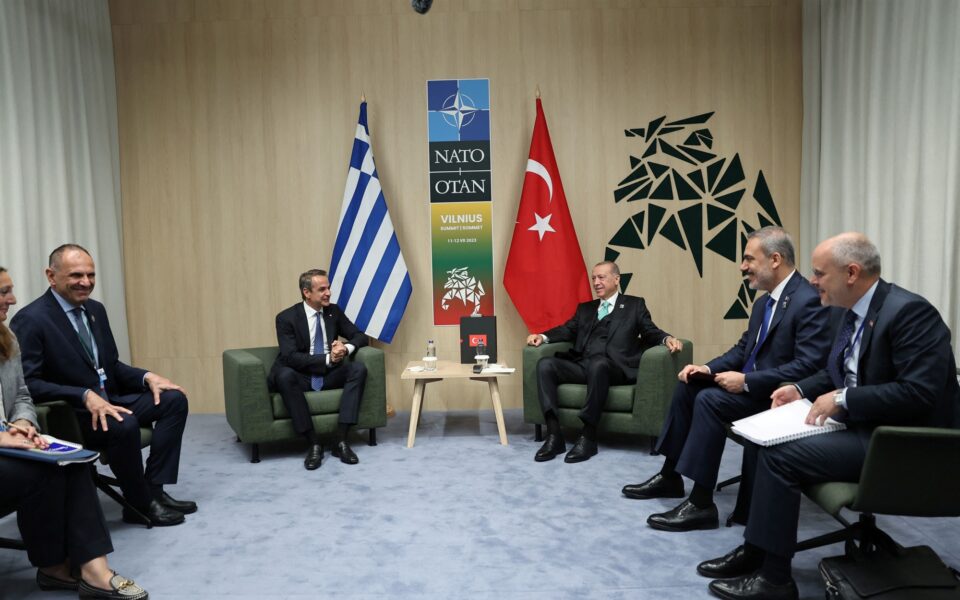
We have enjoyed an almost unprecedented calm in the Aegean Sea these past nine months or so. This is not due solely to political resolve. It also has an economic dimension and is attributed to specific operational weaknesses. In any case, it represents a positive development that can and should be exploited.
Both sides take a positive view of the course that began informally after the devastating earthquake in Turkey last February and gained momentum in a more specific direction following the meetings between Greek Prime Minister Kyriakos Mitsotakis and Turkish President Recep Tayyip Erdogan on the sidelines of the NATO summit in July in Vilnius and the United Nations General Assembly in New York in September.
The channels of communication are open and matters of the so-called positive agenda are progressing.
This positive momentum will be strengthened further when the High-Level Cooperation Council meets next month in Thessaloniki.
The danger of an unexpected event that could change all this fast, especially from the unpredictable and explosive Erdogan, always lurks, of course. Given the Turkish president’s recent stance towards the West, though, the last thing he needs is a spike in tension with Greece.
Athens remains firmly in the Western camp, utilizing its geographical position and elevating its role, while becoming active on the humanitarian front.
Ankara, for its part, is on a collision course with Israel and the West in a bid to emerge as a leader of the Muslim world. It doesn’t want and cannot handle any additional problems that would further hamper its course without offering it any benefits.
A pressing issue that concerns both countries is the matter of migration. Turkey already hosts nearly 4 million people as a result of the war in Syria.
The problem is affecting all Mediterranean countries, particularly at a time when Arab populations are pushing back against their governments, putting moderate regimes in geopolitically significant countries like Egypt to the test.
Athens and Ankara have different positions and strategic objectives in relation to the crisis. What they do have in common is a desire for the tension not to spread further, not at the theoretical level but for specific practical reasons. They both want to limit any negative repercussions of the war in their region, if not in their own territories.
With the explosive situation in the Middle East increasing uncertainty, continuing the Greek-Turkish dialogue in a mature and consistent manner benefits both sides.
